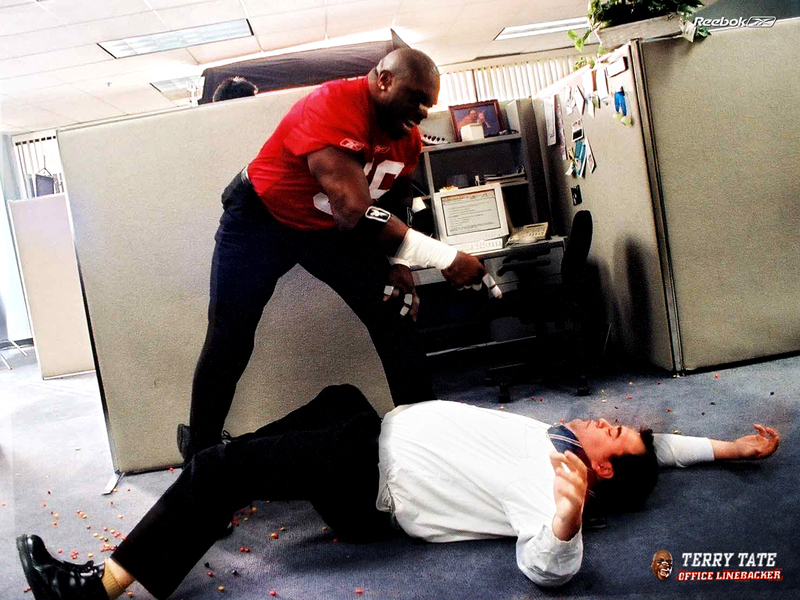Taking Constructive Criticism And Putting it in Practice

Even with the best intentions behind it, criticism can make me feel defensive. Here’s how to keep your cool.
Even with the best intentions behind it, criticism can make me feel defensive. As the recipient of many kinds of criticism over the years, I’ve collected five tips to help you gracefully accept the words meant to make you better, no matter how awful it may feel hearing them.
Listen
The first response most of us have when it comes to even the best intended criticism is to become defensive. A defensive response may show itself as inattention, burning rage or stammering. As much as your chest feels tight and your face reddens, hearing the criticism all the way through may teach you something.
Even the most painful comments can teach us something about ourselves. Shut your mouth, close down your defenses and listen to what they really have to say.
Ask questions
To grow, you want to make sure you fully understand the person criticizing you. I like to do this by asking questions. These questions are especially important if the criticism received isn’t particularly clear. By asking these clarifying questions, you’re having a conversation with your critic—this can create cooperation.
Respond
If you don’t agree with the criticism, and you are positive it’s not just your ego in the way, you can tell that criticizer that. Instead of using an angry tone, try responding by saying something like, “I didn’t realize I came across that way. Thanks for sharing your opinion. From my side, it seems like __________.” And then fill in the blank with your real opinion. “From my perspective,” is an incredibly useful phrase to have on the ready.
Accentuate the positive
Your manager is not looking for you to defend yourself, your manager is looking to make sure that you hear what they’re saying—and planning to incorporate that feedback into your future behavior. You’re not on trial. Try to respond by pointing out the positive. Say, “Thanks so much for your feedback, I’ve screwed up this way _____________. How could I look at this better?” At the very least, say something along the lines of, “Thanks for telling me, I want to take some time to think about this.”
Own it
There’s no denying it, it’s tough to hear ways that you’re not perfect. So really absorb the criticism. Feel it all the way to your bones. And then take responsibility for what went wrong. Lots of people don’t own up to their mistakes. They put the blame on someone else and it keeps them from improving. Once you own it, you can get better.
Write it down
Write down what bothers you about the criticism you just received, and write down what seems useful. Writing it down makes the criticism less personal. Sometimes, it can make you feel better to write a letter to the criticizer responding to your critique. But—goodness please—rip it up and throw it away as soon as you do. These letters are not meant to be read.
Do something nice for yourself
Above all, the most important thing to do when receiving criticism is to do something nice for yourself. It might sound silly, but being open ro criticism can wound you. Take a minute to do something nice for yourself. Sometimes treating yourself well can help you better understand what you need to do to improve.
You can’t get better without a map to the places you can improve. It can be a painful process, but it leads to achievement down the road. Growth happens when you seek out the best places to go next.
Photo via tunedbody.com







